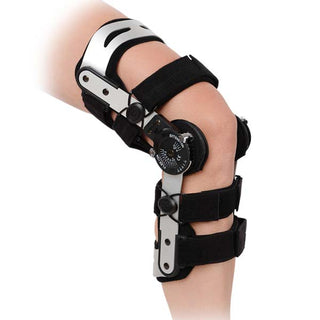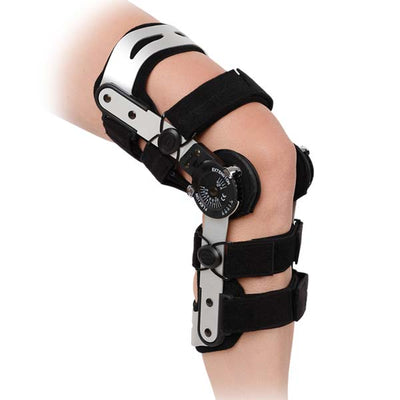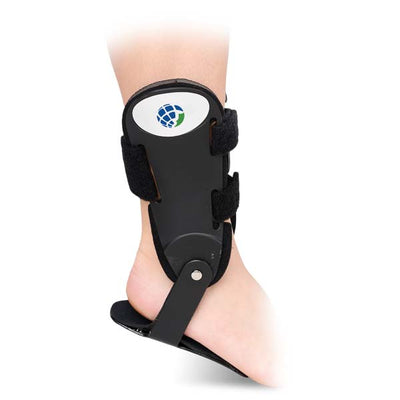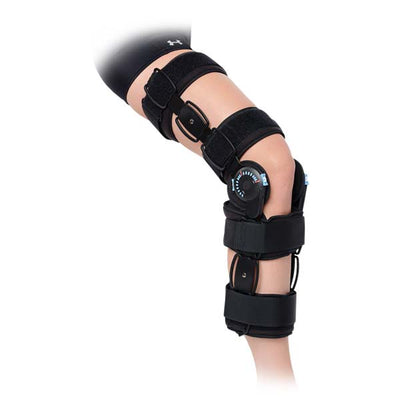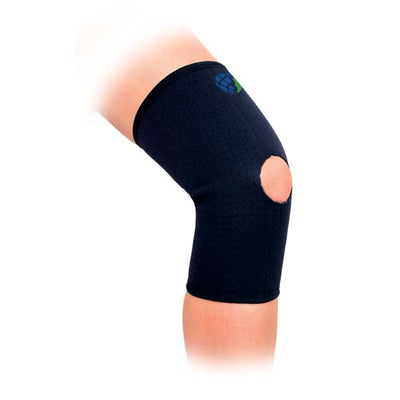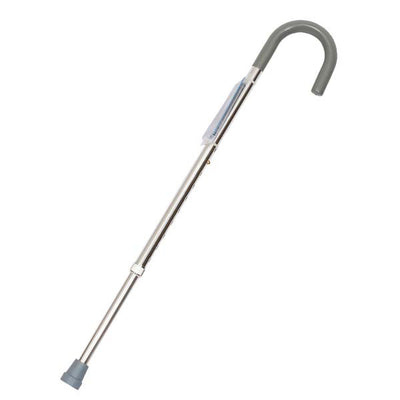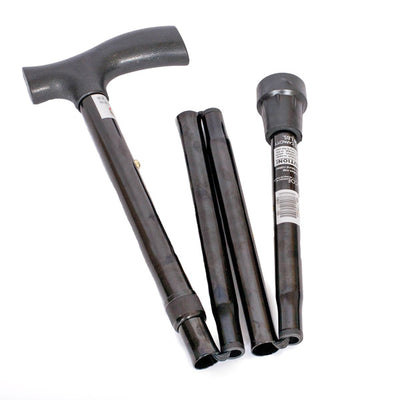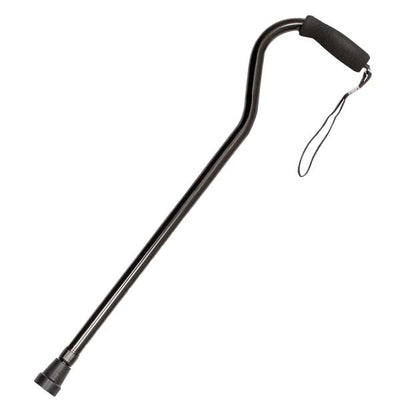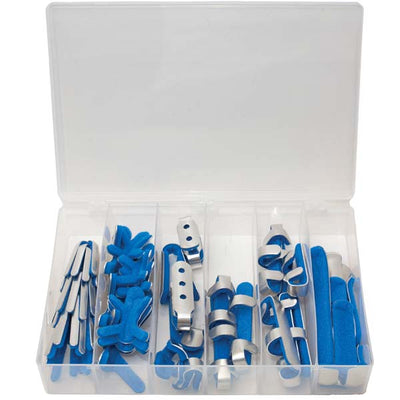COMPOUNDING INFORMATION FAQ
What is pharmacy compounding?
Pharmacy compounding is the customized preparation of a medicine that is not otherwise commercially available. These medications are prescribed by a physician, veterinarian, or other prescribing practitioner, and compounded by a state-licensed pharmacist. A growing number of people and animals have unique health needs that off-the-shelf, one-size-fits-all prescription medicines cannot meet. For them, customized medications are the only way to better health.
What’s the difference between a compounding pharmacy and a drug manufacturer?
A compounding pharmacy makes customized prescription medications that cater to an individual patient’s needs, while a drug manufacturer makes FDA-approved prescription drugs for mass markets in predetermined set strengths and dosage forms.
Are you manufacturing drugs?
No. Compounding pharmacies make customized medications for special medical requirements or when manufactured drugs are not available or have been withdrawn from the market. Some compounding pharmacies specialize in certain types of compounded medications and, as a result, may be called upon to make large quantities of certain preparations to fill the demand. That doesn’t make them manufacturers. Compounding pharmacies operate according to strict requirements of state boards of pharmacy as well as the stringent standards of the United States Pharmacopeia (USP). Drug manufacturers are regulated by the FDA.
How do you know that the raw materials you use are safe?
Just like big pharmaceutical manufacturing companies, compounding pharmacies get their ingredients for medications from suppliers that are registered and inspected by the FDA. Foreign suppliers are FDA-registered facilities. We know the raw materials we use are safe because they have been tested and proven as such. We purchase our raw materials from PCCA. PCCA purchases their materials from FDA-registered suppliers and verifies the potency of every chemical through a nine-step process. A fourteen-step process on every chemical lot they receive ensures proper identification and high quality standards.
Why isn’t compounding regulated by the FDA? How is compounding regulated?
All pharmacies and pharmacists are licensed and strictly regulated at the state level. Compounding is a core component of pharmacy and has always been regulated by state boards, which are constantly updating their standards and regulations. In addition, standards set by the USP are integrated into the practice of pharmacy compounding. The Pharmacy Compounding Accreditation Board (PCAB) has developed national standards to accredit pharmacies. The FDA has issued “guidelines” about compounding pharmacy, but these guidelines do not have the force of law and represent the agency’s “current thinking.” Generally, the FDA defers to state boards of pharmacy except when it uses its discretion to intervene when it believes a compounding pharmacy may jeopardize the safety of the nation’s drug supply. Unfortunately, its guidelines are vague and many FDA attempts to enforce certain of its guidelines have been struck down by Federal Courts. There is clearly a need for more clarity about the FDA’s role but neither the agency nor Congress has provided that clarity.
Does the FDA have the expertise and federal power to regulate compounding pharmacies? Why shouldn’t compounded medications, especially the most commonly used combinations, have to go through the FDA’s established drug approval process?
The medical profession, including the practice of pharmacy, has always been regulated by the states.
State boards of pharmacy are in the best position to inspect pharmacy operations, develop appropriate regulations and respond to problems or violations. The FDA does have an important role to play in making sure that ingredients used in compounding are safe and are manufactured by FDA-registered and inspected facilities, but there is no such thing as an “FDA-approved” pharmacy. The FDA’s drug approval process takes years and can cost hundreds of millions of dollars. Requiring this for individually personalized medications that fulfill an individual doctor’s prescription is both impractical and contrary to the best interests of patients requiring immediate treatment.
How can a pharmacy ship thousands of vials of medicine to 23 states?
We are licensed to do so. Most of the states allow pharmacies that are licensed in their states to ship compounded preparations into their states. The quantity of preparations shipped is a function of demand and the pharmacy’s success as a business at filling that demand. The tragedy in this situation is that the pharmacy in question apparently didn’t follow the strict quality control guidelines required by the standards of professional compounding.
Do you compound commercially available medications because you can provide them cheaper than the manufactured drugs?
We do not compound commercially available medications. We compound medications that are not commercially available in a particular dosage form, dose, flavor or combination. When drugs are removed from the market or are on backorder, we can compound medications using the same active ingredients of commercial drugs that aren’t available. Lower cost should never be a reason to prescribe a compounded preparation rather than an FDA-approved drug.































